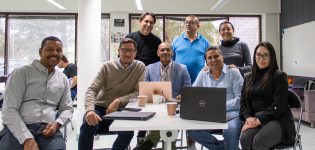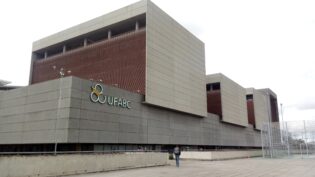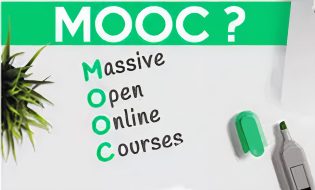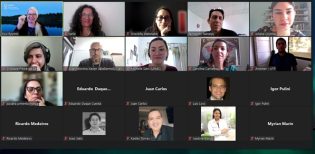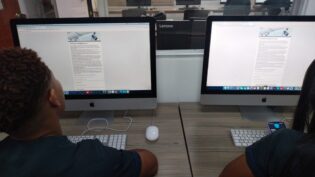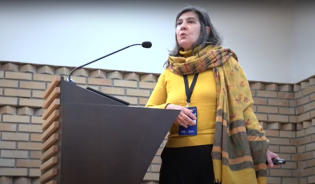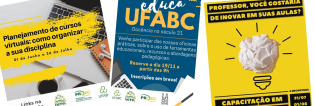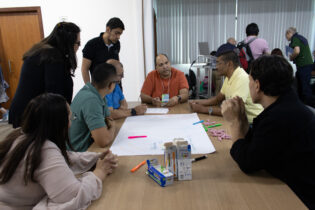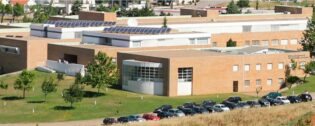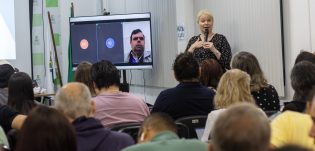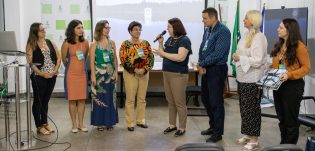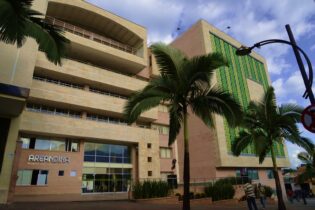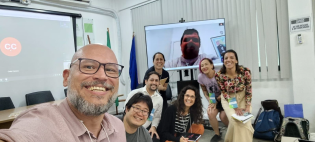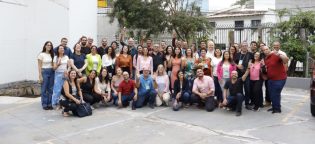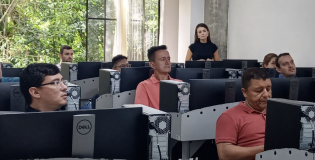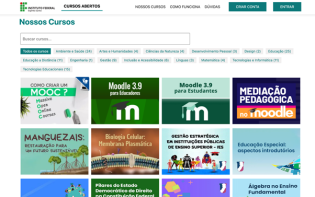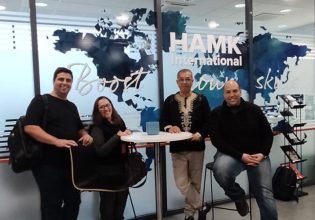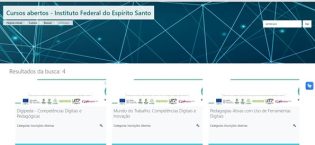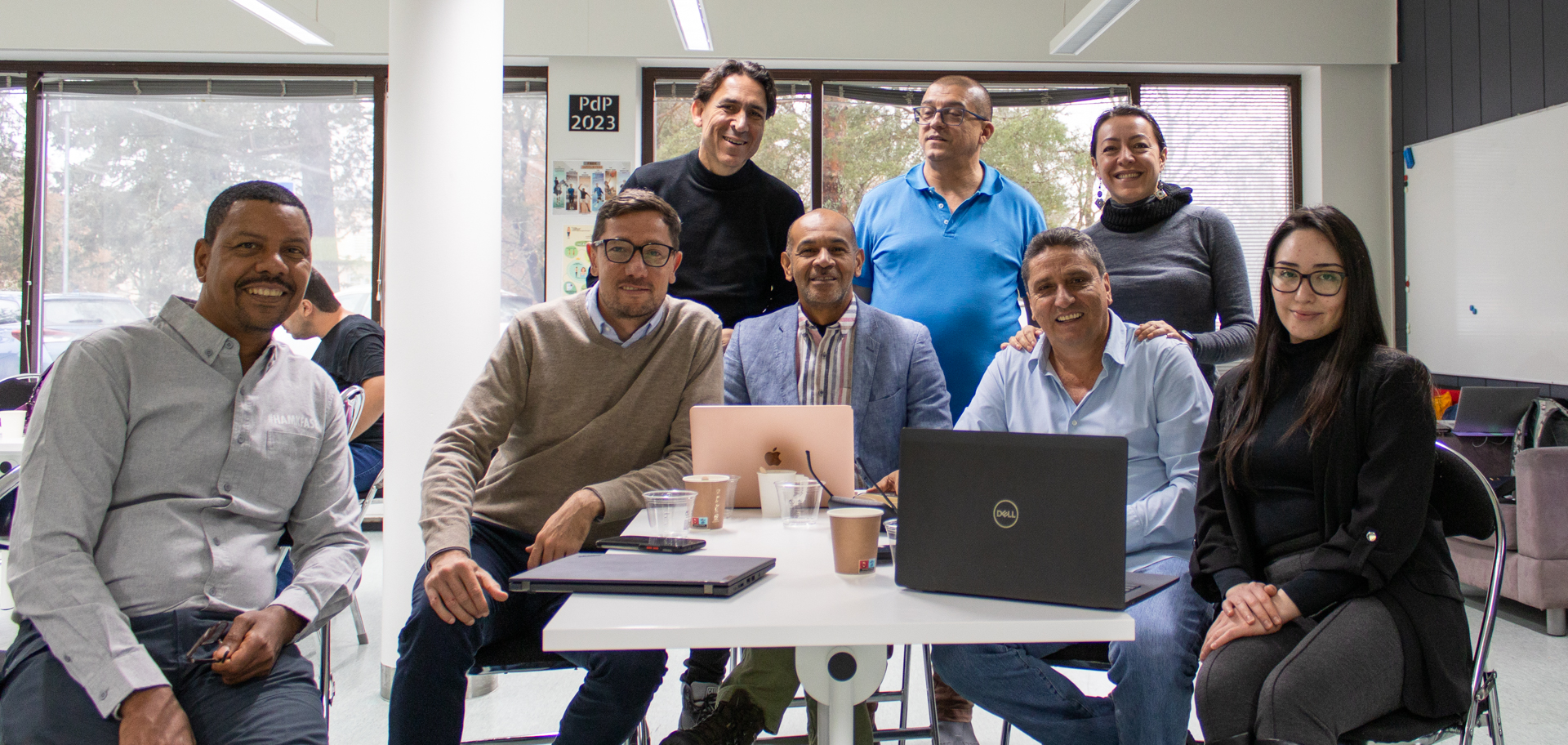
The integration of technology into educational processes
Technology has transformed education by democratizing access to knowledge, personalizing learning, and promoting new methodologies such as the hybrid model. Despite its benefits, it requires teacher training and attention to challenges like privacy and digital dependency to ensure effective and equitable integration.
Read more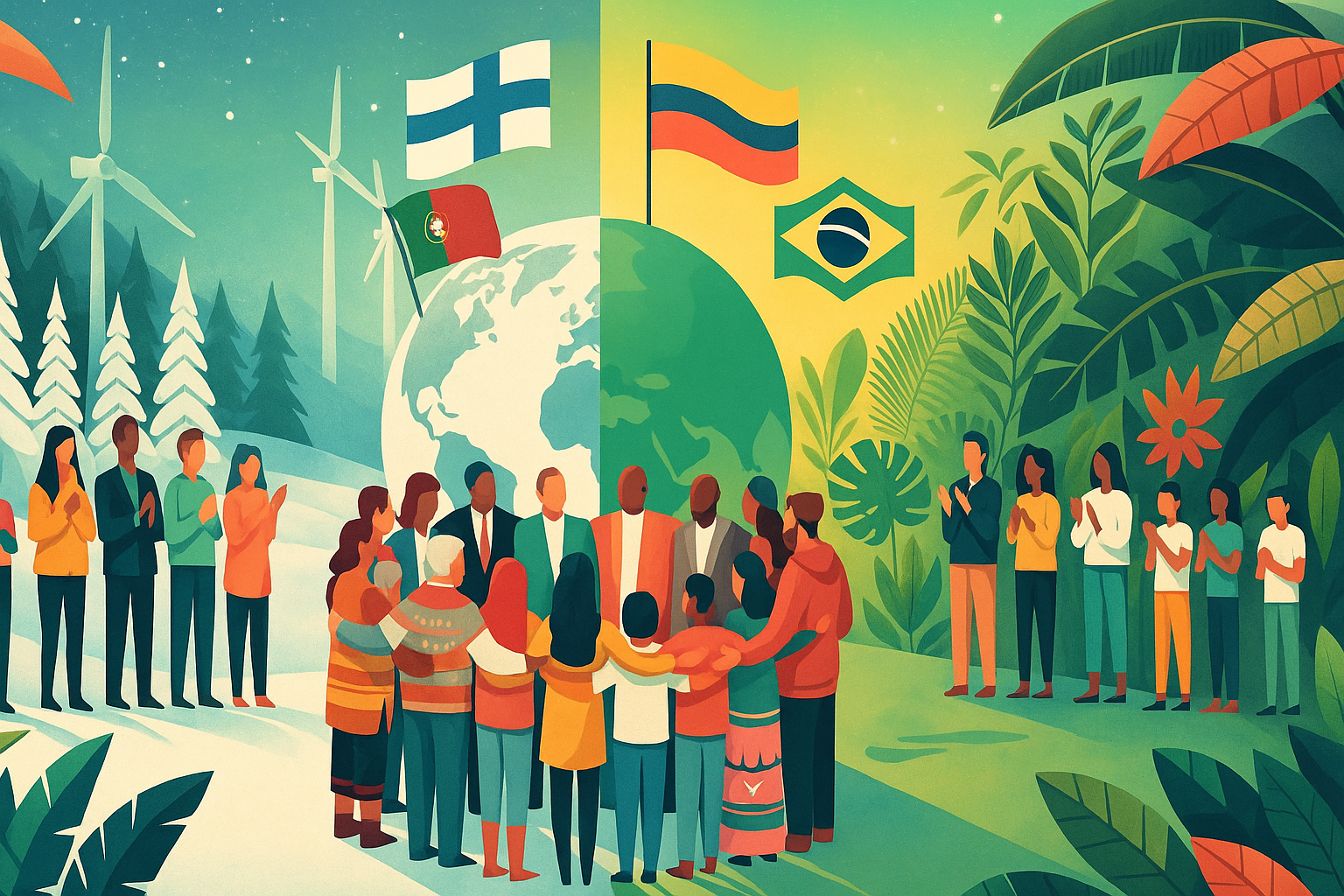
Between Northern Lights and Digital Clicks: Why Teaching Is Also About Continuing to Learn (V.8, N.7, P.8, 2025)
The article highlights the importance of continuous teacher training, using Finland and the international EMBRACE project as examples. The initiative promotes inclusive and collaborative learning ecosystems in Brazil, Colombia, and Europe, fostering teacher development through technology, internationalization, and co-creation tailored to diverse contexts.
Read more
Joint development of EMBRACE MOOCs, a perspective from UTP teachers
This article reflects on the collaborative creation of MOOCs by Colombian and Brazilian universities within the EMBRACE project. It highlights intercultural teamwork, pedagogical reflection, and the transformative power of international cooperation in digital education. Language differences became bridges, fostering inclusive, participatory, and meaningful learning design for diverse contexts.
Read more